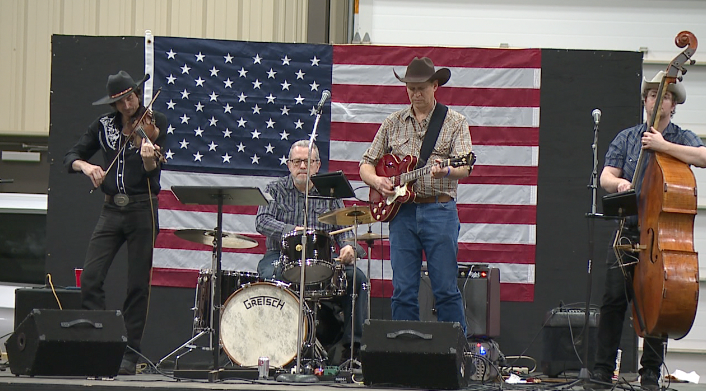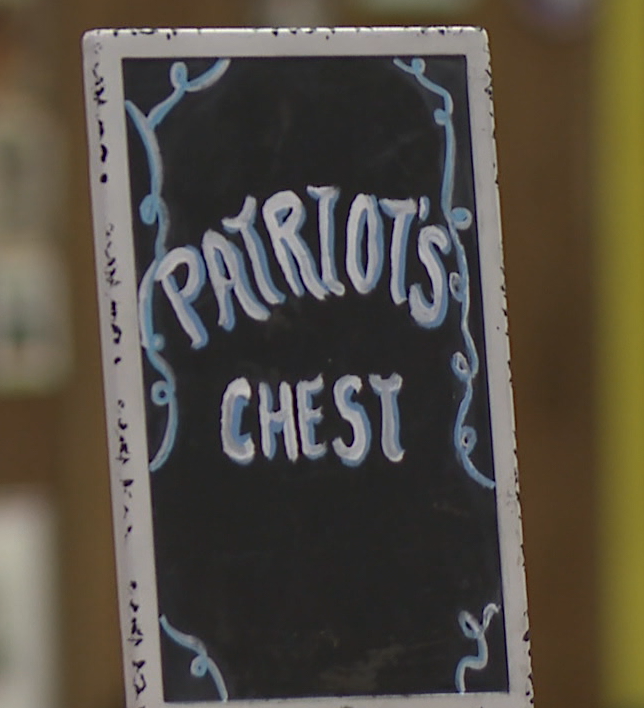The Meaning of Passover
Three pilgrimage festivals are mentioned in the Torah. “Passover was the spring time, first of the three,” said Rabbi Laura Schwartz Harari of Congregation B’Nai Israel. “And each of those holidays were times when people would be commanded to make a pilgrimage to Jerusalem with the results of their harvest.” While most of the Jewish community no longer makes a trip to Jerusalem to celebrate the beginning of growing season, over the years Rabbis have attached further meaning to the eight day holiday. “Passover, predominately, people think of it as the celebration of the liberation of the Jews that were slaves to Pharaoh in Egypt,” said Rabbi Schwartz Harari. The story of slavery to freedom is told at a traditional dinner the first night of Passover. “Rather than gather tonight in the sanctuary for a service, which is what we’d normally do on a Sabbath evening, we will only be having a downstairs, special meal for passover,” said Rabbi Schwartz Harari. That meal is called is the Sedar. “The word ‘sedar’ in Hebrew means ‘order,'” said Rabbi Schwartz Harari. The very scripted celebration includes traditional, symbolic food and drink, as well as songs and stories to teach the young ones. “It’s somewhat incumbent on us to make sure the children that are growing up in the tradition know their tradition and know their stories. So there’s a lot of focus on telling and on learning as a value,” said Rabbi Schwartz Harari. “While it is very distinct, it has some very commonly shared values being expressed. So we’re really not as different and unique in that respect as many might think.” Members at Congregation B’Nai Israel tell us they expect to serve around 60 people at their Sedar Friday evening.












